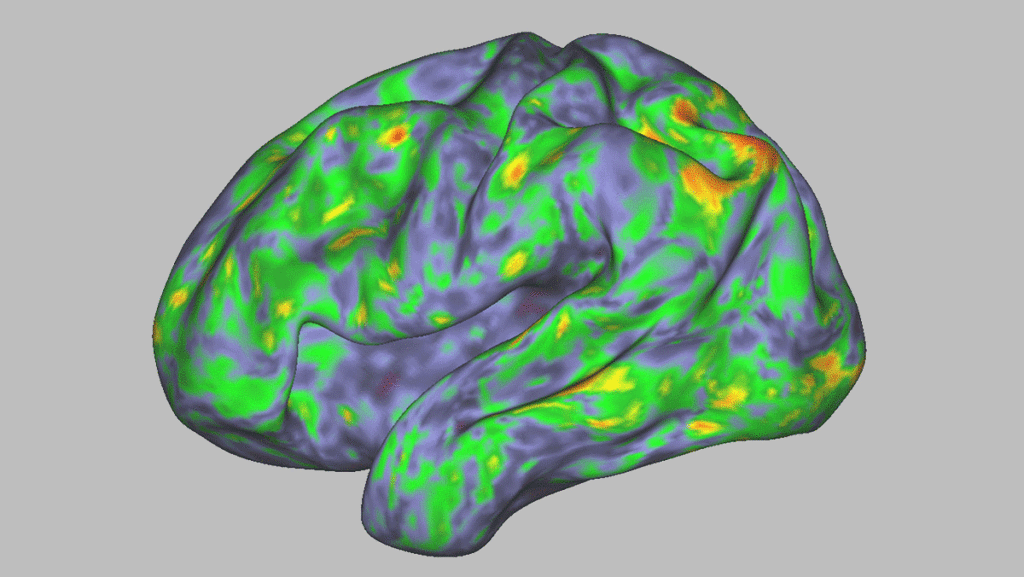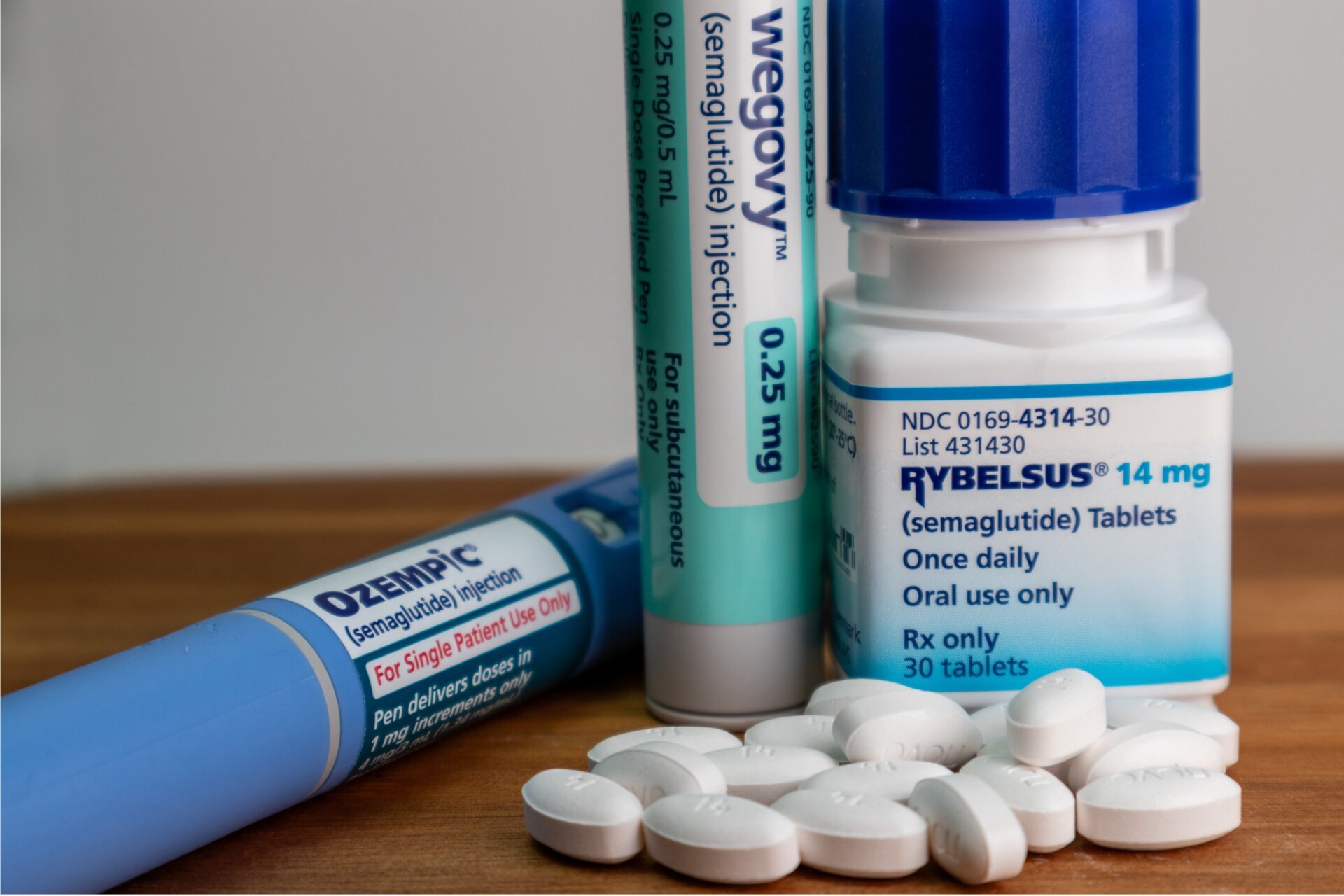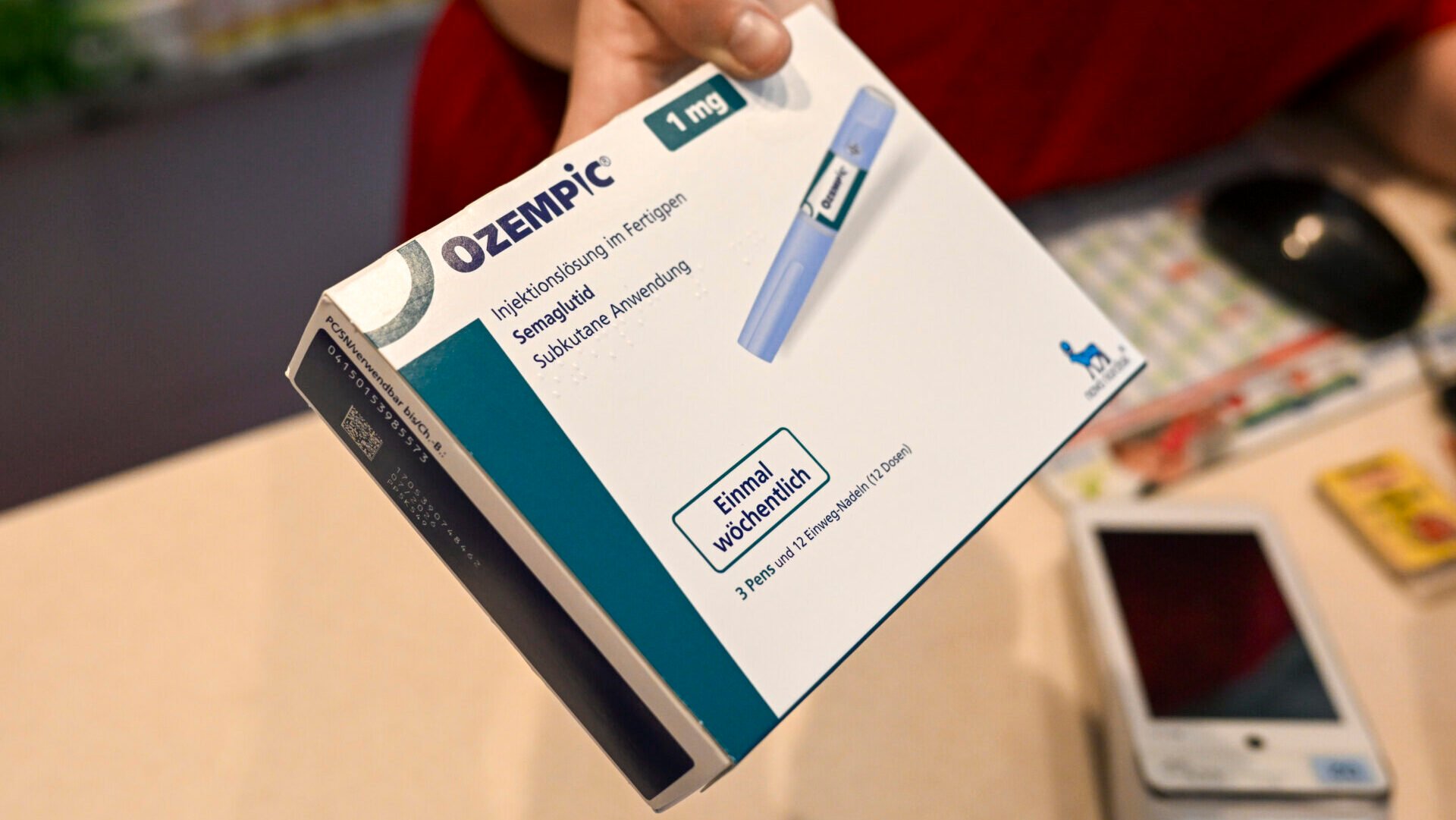COVID-19 has been linked to a wide range of health complications, but a recent case report highlights a particularly rare and disturbing side effect: abdominal evisceration triggered by coughing. This incident involved a 52-year-old woman whose COVID-19-induced cough caused her intestines to protrude through a previous surgical site. While shocking, surgeons successfully repaired the injury, highlighting the importance of prompt medical attention.
(Warning: This article contains graphic content that may be disturbing to some readers.)
Case Report Details: A Woman’s Ordeal
The case, documented by surgeons at the University of Illinois at Chicago, involved a 52-year-old woman with a history of abdominal hernia repairs. Over a decade prior, she underwent initial surgery for a hernia, requiring subsequent procedures over the years. Five days prior to her hospital visit, she contracted COVID-19. Severe coughing fits ensued, ultimately leading to the evisceration. Upon arrival at the hospital, her condition necessitated resuscitation. Fortunately, surgeons were able to return her intestines to their proper position and close the wound without major complications.
Evisceration: A Rare Complication of Abdominal Surgery
While abdominal wounds can sometimes reopen after surgery, evisceration—the protrusion of internal organs through the opening—is exceedingly rare. Coughing can contribute to this complication by increasing abdominal pressure. The woman’s extensive surgical history likely increased her vulnerability to this injury. Nevertheless, this case remains an unusual occurrence.
COVID-19 and Evisceration: A First?
The doctors, in their case report published in the Journal of Gastrointestinal Surgery, believe this is the first documented instance of evisceration directly attributed to COVID-19. The initial report was published in March 2022, with an online version appearing in January 2024.
Recovery and Follow-Up
The woman required multiple layers of stitches to secure the wound. Remarkably, she resumed eating within two days of surgery and was discharged six days post-operation in good condition. While the doctors included graphic images of the injury and repair in their report, viewer discretion is advised.
A Second Case Highlights the Rarity
This case is the second such incident to garner media attention recently. In May 2024, a 63-year-old man experienced a similar evisceration after sneezing and coughing through a recently healed surgical site. Despite the alarming nature of the incident, he, too, made a full recovery.
Conclusion: A Reminder of COVID-19’s Unpredictability
While these cases are statistically rare, they underscore the potential for unexpected complications related to COVID-19, especially in individuals with prior abdominal surgeries. The incidents also highlight the importance of seeking immediate medical attention for any unusual symptoms following surgery or illness. While the takeaway might seem to be “never cough,” the real message is to remain vigilant about your health and seek professional help when needed.











